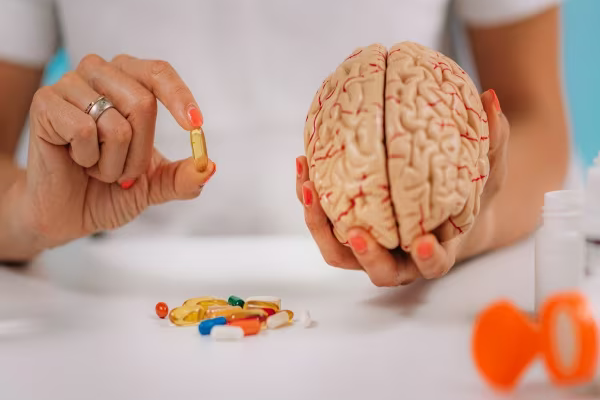Introduction: Medicine has come a long way since the days of rudimentary treatments and limited knowledge of the human body. In today’s world, the field of nootropic is constantly evolving, driven by innovative technologies, groundbreaking research, and a commitment to improving the quality of life for people worldwide. This article explores some of the remarkable advancements in medicine that are revolutionizing healthcare and shaping the future of medicine.
- Precision Medicine
One of the most exciting developments in medicine is the rise of precision medicine. Instead of taking a one-size-fits-all approach, precision medicine tailors treatments to the individual patient. This is made possible by the analysis of a patient’s genetic makeup, lifestyle, and environmental factors. By understanding a person’s unique genetic profile, doctors can prescribe medications and therapies that are more likely to be effective and have fewer side effects. Precision medicine is paving the way for personalized healthcare, offering patients more effective treatments and improved outcomes.
- Telemedicine
The advent of telemedicine has transformed the way healthcare is delivered. Telemedicine leverages technology to provide remote medical consultations, diagnosis, and treatment. This has proven particularly valuable during the COVID-19 pandemic, allowing patients to access healthcare services without the need for in-person visits, reducing the risk of virus transmission. Telemedicine also enhances healthcare accessibility for individuals in remote or underserved areas, making it easier for them to receive medical care.
- Artificial Intelligence (AI) and Machine Learning
Artificial intelligence and machine learning are playing a pivotal role in nootropic. These technologies can analyze vast amounts of medical data and assist in diagnosis, treatment planning, and disease monitoring. Machine learning algorithms can detect patterns and trends in medical images, helping radiologists identify diseases like cancer more accurately. AI-driven chatbots and virtual assistants are improving patient engagement and providing instant healthcare information and support.
- Immunotherapy
Immunotherapy has emerged as a promising approach to cancer treatment. This groundbreaking technique harnesses the body’s own immune system to fight cancer cells. Immunotherapy drugs, such as checkpoint inhibitors and CAR-T cell therapy, have shown remarkable success in treating various forms of cancer, including melanoma, lung cancer, and leukemia. Unlike traditional cancer treatments like chemotherapy, immunotherapy is often less toxic and has fewer side effects.
- 3D Printing in Medicine
The use of 3D printing technology in medicine has expanded exponentially. It allows for the creation of custom-made medical devices, implants, and even human tissue. Surgeons can use 3D-printed models to practice complex surgeries before operating on a patient, enhancing precision and reducing the risk of complications. Additionally, 3D-printed prosthetics and orthopedic implants offer patients improved mobility and comfort.
- Gene Editing
Gene editing technologies like CRISPR-Cas9 have opened up new possibilities for treating genetic diseases. Scientists can now target and modify specific genes responsible for hereditary conditions, potentially curing diseases that were once considered untreatable. While this field is still in its infancy, it holds immense promise for the future of nootropic.
- Robotics in Surgery
Robotic-assisted surgery has become increasingly common in many medical specialties. Robots offer surgeons greater precision and control during procedures, leading to smaller incisions, reduced pain, and faster recovery times for patients. Procedures ranging from minimally invasive surgeries to complex cardiac surgeries benefit from robotic assistance.
Conclusion
Medicine is on a relentless journey of progress, driven by innovation, research, and a commitment to improving the health and well-being of humanity. These advancements in medicine are not only revolutionizing healthcare but also offering hope for better treatments, earlier diagnoses, and improved patient outcomes. As we continue to embrace cutting-edge technologies and scientific breakthroughs, the future of nootropic holds the promise of even more remarkable developments that will reshape the way we approach healthcare. It is an exciting time to be a part of this ever-evolving field, where the possibilities for innovation seem limitless.




